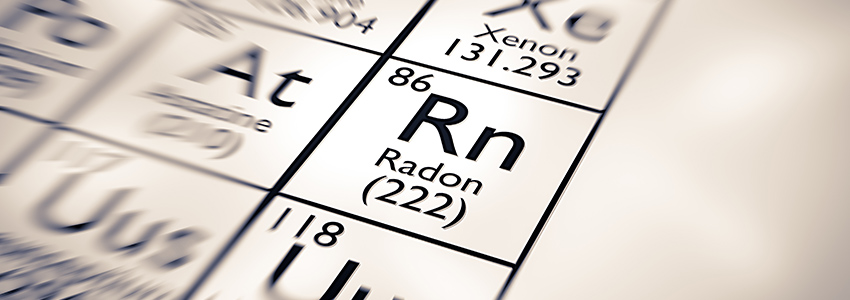November is Radon Awareness Month in Canada. Radon is an invisible radioactive gas produced by the breakdown of uranium in the ground and is also the No. 1 cause of lung cancer for non-smokers. It’s found in every home in Canada, but testing is the only way to truly know if a home has dangerous levels.
As a trusted source of information for home buyers and sellers, you can help your clients by educating them about radon and encouraging them to test their home.
Radon and COVID-19
As Canadians continue to spend more time at home, now, more than ever, it’s important for buyers and sellers to test their homes for radon. People confined to their homes during the pandemic are at greater risk of being exposed to high radon levels.
How to help your clients with radon?
Health Canada is available to support REALTORS® navigating this serious health issue. There are radon experts across Canada available to answer your questions, or speak directly with your clients.
Did you know? You can find a digital copy of A Homeowner’s Guide to Radon on CREA.ca? This guide explains how radon enters the home, how to test and how to mitigate. You can also order printed copies to share with your clients.
Radon information sessions
Health Canada’s radon experts are also available to provide a free radon information session for your board or association. You can access free training resources and order free educational materials online you can share with your clients.
Radon in real estate
Homes with a low radon level are healthy homes. Testing for radon is simple and can save lives. To purchase a test kit, visit TakeActionRadon.ca.
A long-term, three-month test is the only way to accurately find out the radon level in a home. Health Canada does not recommend doing a radon test during a real estate transaction, so when should homeowners run a test?
Test before sale: Most homes will have a low radon level, but the only way to know is to test. Health Canada recommends radon testing, and mitigation if necessary, before homeowners sell so they can include the low radon level as a selling feature.
Test after purchase: Encourage your clients to conduct a long-term test once they have moved into their new home. Some REALTORS® are even providing long-term test kits and/or free Health Canada radon info material in client gift baskets.
In some cases, Health Canada has recommended that real estate professionals use a hold back clause to allow for radon testing after a transaction is complete. If a high radon level is found in the home, mitigation can be completed using the hold back funds.
For more information, visit Canada.ca/radon.

